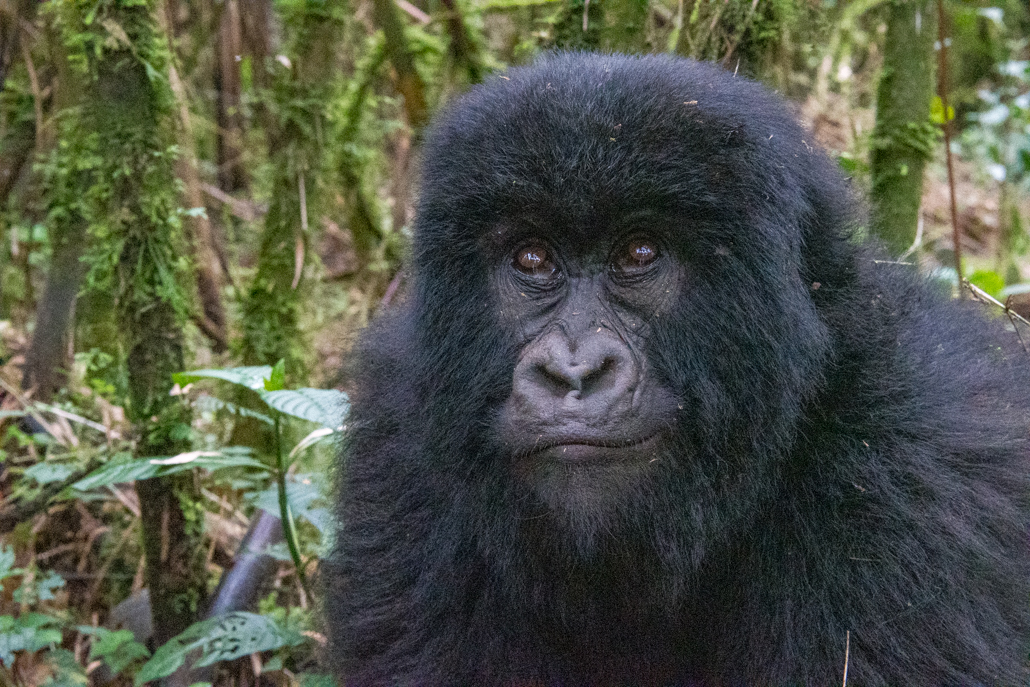Part II Why We Shouldn’t Discard Either Science or Religion
In Part I, I discussed why one cannot, should not, must not mix science and religion. Science is the cognitive realm of observations and verifiable predictions; there is no place in science for belief. A statement that cannot be subjected to testing is valueless in the realm of science. Religion, on the other hand, is the realm of belief, defined by the Stanford Dictionary of Philosophy as an attitude about something that can be true or false. Beliefs need not be testable and many aren’t. If a statement that contradicts a tenet of religion stands up to repeated efforts of verifiable prediction and thus is accepted as a scientific theory, it will not overturn the religious tenet. A religion’s beliefs, do not require substantiation and cannot be disproven by investigation.
If we cannot pollute science and religion with each other, what are we to do when they are in conflict? For example, science tells us that all species have evolved from earlier forms while the great Western religions teach that each species was created separately by God. Religion teaches that blood is the soul while science teaches that blood is a combination of liquid and cellular elements that circulate molecules necessary for the chemistry of life and science has no place for the soul, a concept that can be neither precisely defined nor investigated.
First, let’s briefly consider why the conflict between religion and science is even a problem. When we hold ideas that conflict with one another, or when we hold a set of beliefs but act in a way that violates those beliefs, we experience an emotional/cognitive discomfort. In his groundbreaking book A Theory of Cognitive Dissonance, published in 1957, Leon Festinger called this psychological distress “cognitive dissonance” and explained that we will do some pretty impressive mental gymnastics to reduce or remove that stress. Way back when I took a psychology course in college, the topic was presented to me with a question: do people’s attitudes determine their actions, or do their actions determine their attitudes. Surprisingly, research showed that when attitudes and actions differ, thereby inducing cognitive dissonance, we change our attitudes! (This has important implications for the meaning and practice of philosophy, a potential topic for another day). There is much to discuss about this but the main point for the current topic is that holding conflicting ideas can induce powerful psychological stress that we work hard to reduce or avoid. This, no doubt, is one reason why we condemn hypocrisy and do our best to avoid it. If accepting both science and religion makes us hypocrites by forcing us to believe very different ideas about the same issue, the human thing to do is to try to change one or the other or to reject one or the other.
To achieve cognitive harmony (or consonance) many people do indeed try to change either science or religion (e.g. the creation story is only an allegory). However, in Part I, I argued that this is not only illogical but actually diminishes both science and religion. Does this mean that we must reject either science or religion? Let’s recount what we would lose if we choose this path.
The list of scientific advances that have enhanced the human condition are well known and need not be recounted here. I will mention only one because it is often overlooked in many similar discussions but may in fact be one of the most important. Advances in metallurgy, mechanics, and chemistry led, famously, to the invention, by Johannes Gutenberg, of the printing press in 1440. (According to http://afe.easia.columbia.edu/songdynasty-module/tech-printing.html movable type was invented earlier in China by Bi Sheng (990-1051 CE) however it did not come into common use until its introduction into Europe). The printing press greatly reduced the cost of books. This led, over time, to a great increase in literacy. While many sources credit the invention of the modern novel to Miguel de Cervantes in 1613, the influential 1957 work The Rise of the Novel by Ian Watt argues that the development of fictional realism in the 18th century differentiated a new form of literature. Why mention the invention of fictional realism in a section on the advances of science? During our evolutionary development human experience was limited to our small tribe and those nearby. The feelings and practice of morality (a topic for future posts), a set of social instincts that govern our behavior, was (and mostly still is) limited to people that we identified as belonging to our tribe. Even after the development of agriculture instigated the building of much larger societies, morality was still limited to those we could identify with. However, in societies with high levels of literacy and relatively affordable books, fictional realism (novels) allowed great numbers of people to imagine and experience the lives of people who were not like themselves. As we all know, imagining oneself walking in someone else’s shoes is the best way to build empathy for other people. In this way, science has led to the progressive expansion of people’s circle of empathy, a process that has had profound effect on human societies and our individual experiences.
What about religion? What will we lose if, in order to reduce hypocrisy, we simply gave up religion? Let’s consider the benefits that belonging to a religion provides for individuals. (The effects of religion on the group is outside the scope of this topic.) Belonging to an organized religion provides an automatic social group thereby increasing social interactions and helping to build lasting friendships. Participating in a religion helps with stress tolerance by decreasing doubt and generating a sense of peace, promoting forgiveness and decreasing hate. Participating in religious rituals provides opportunities and safe situations for social interaction with known expectations and rules. Rituals of religion help us cope with difficult life events such as the death of a loved one. Religious teachings promote a sense of certainty about the world and our place in it and promotes prosocial behaviors such as gratitude, compassion and forgiveness. More objectively, numerous studies show that religious affiliation is associated with a several-year increase in longevity (for example: Does Religion Stave Off the Grave? Religious Affiliation in One’s Obituary and Longevity, Laura Wallace et al. Social Psychological and Personality Science, 10:5, 662-670, 2019, (https://journals.sagepub.com/doi/full/10.1177/1948550618779820). A Pew Research Center study concluded that “people who are active in religious congregations tend to be happier: (https://www.pewforum.org/2019/01/31/religions-relationship-to-happiness-civic-engagement-and-health-around-the-world/). According to other studies, people affiliated with a religious organization are more likely to give to charity (http://jumpstartlabs.org/offering/research-reports/connected-to-give/). We could go on. but the direction is clear: belonging to a religious organization and engaging in religious practice provides benefits for us as individuals.
The dilemma is clear. Science and religion often come into conflict but we can’t mitigate those differences by combining them. Both science and religion provide substantial benefits but accepting both induces a troubling state of dissonance. For my solution to this problem you will have to wait till Part III,

